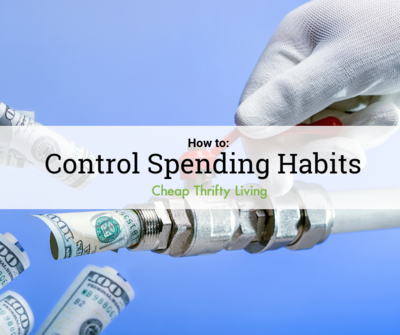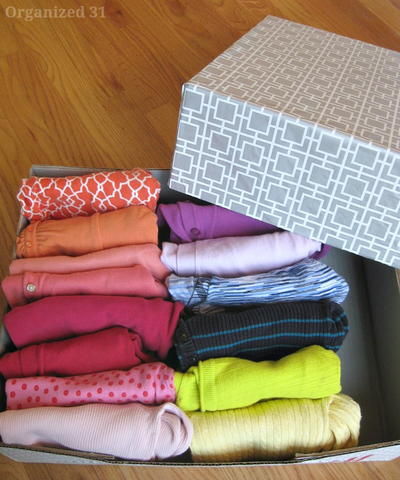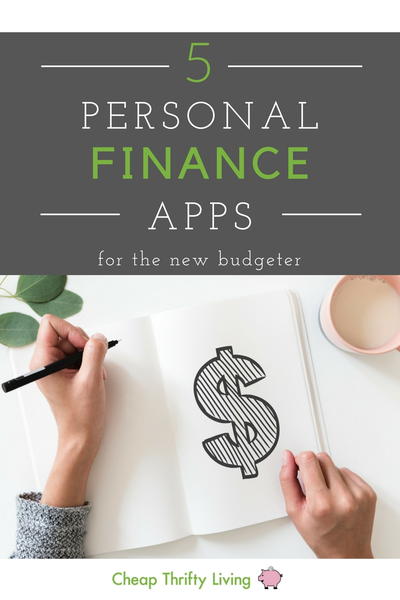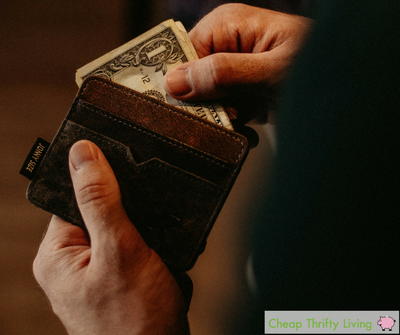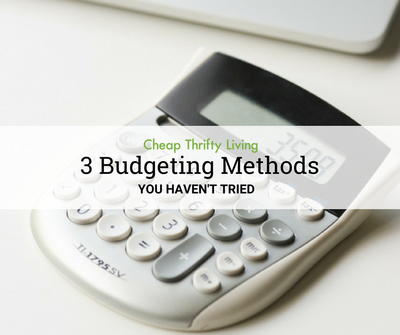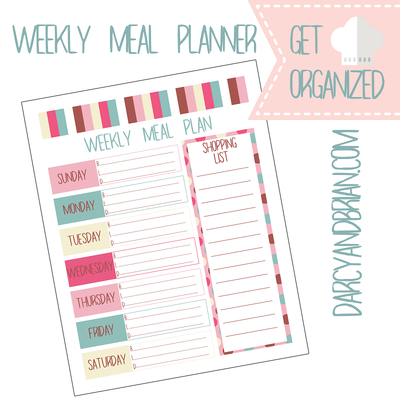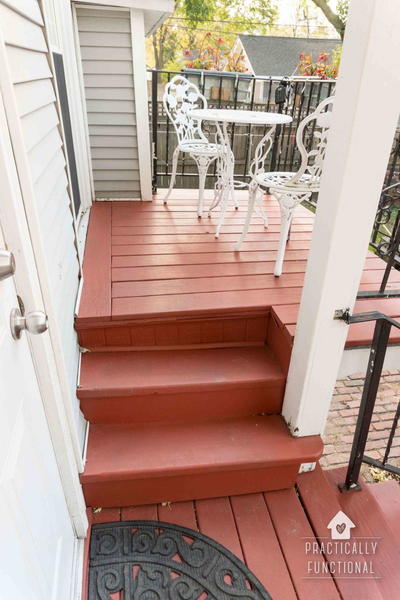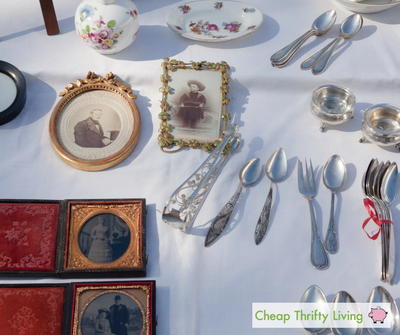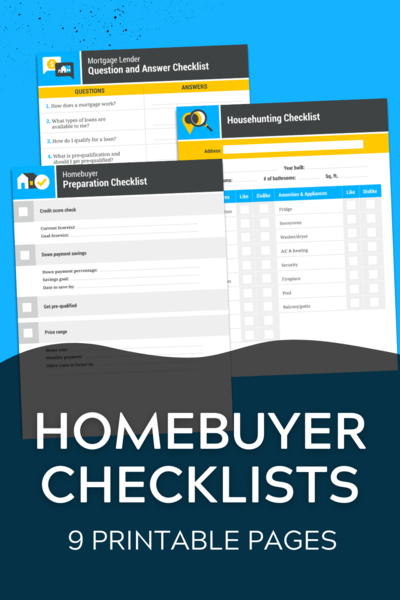How to Control Spending Habits
Learn basic tips to help you get your money under control

Everyone spends hours around stores, restaurants, and advertisements every day, so it's no surprise that excessive spending is a common problem. Controlling spending habits would be difficult in the best of circumstances, and much of the world we live and work in is designed to get us to open our wallets as much as possible.
Getting your spending under control isn't always easy. Everyone could be better. Still, there are a number of time-tested strategies you can use if you're trying to build up long-term healthy habits that will help you stay in control of your life.
Identify the Problem
Before you can fix your problems, you have to know what they are. Ideally, you should invest a month or more in this part of the process. Even if you desperately need to get things on track right away, it's good to keep these steps in mind as you go along. They'll help you target the worst problem areas and make the changes that will be most helpful to you.
- Track your spending: Make a note of literally everything you spend over a period of time (preferably a month or more, but even a week would help). Put things into categories, like "eating out," "gas," "entertainment," etc.
- Look for patterns: Keep an eye out for surprisingly large categories. Did you spend more on lunches than you expected?
- Know your flex/nonessential expenses: These are any expenses that can be reduced or completely cut without doing you serious harm. A car or rent payment is essential; streaming subscriptions are not. Food is also technically a flex expense because almost everyone spends more than they absolutely need.
- Identify spending triggers: Spending isn't a purely rational activity. We're all influenced by emotions, or even by psychological compulsions to spend. These influences can be difficult to deal with, but if you are consciously aware of the emotions (like boredom), places (like the mall), or people (like that friend who's never content to just window shop) that cause you to spend more, you can be more careful around them.

Set Helpful Goals
Now you know that there's a problem, but focusing on negatives is rarely the best way of achieving change. People love positive goals. The more motivation you can set for yourself, the more controlling your spending habits will feel like winning rather than giving something up.
- Ask yourself "why?": Why are you trying to build better habits? Are you trying to have enough money to afford a new car? Will you feel happier if you can control your spending impulses? Do you want to be able to travel?
- Think long and short term: Long-term goals are fantastic; they're the mountain you're aiming to climb. But human brains love to check things off now. We love that rush of accomplishment and we can feel discouraged when we spend a long time working toward something without it. Setting achievable short-term goals will help keep you motivated without feeling discouraged or overwhelmed.
- Get physical: If you really, really want that new car, print off a picture and put it somewhere you'll see it. Or, if you're saving up for something smaller, you can set up a money jar that you fill over time. Brainstorm ways to keep yourself motivated by keeping the goal literally in front of your eyes.

Get Down to Budgeting
No matter where you look for spending advice, budgeting will always come up. It's hard to fix bad habits without knowing what they are, and it's just as hard to build good habits without knowing what they should be. Here are some tips for getting started.
- Start simple: Budgeting is just comparing your total income to the total of your individual expenses. Your entire budget can fit on one page. This isn't a problem at all: you're just keeping track of your expenses, and a few simple totals are all you need.
- Use a budget planner: If you don't know where to start, google "budget planner" and you'll be presented with a long list of free basic budgeting tools.
- Remember the problem areas: This is where tracking your spending and looking closely at your flex expenses comes in. If you're spending too much, now is the time to figure out where and how much you need to cut back. Keep going until your budget is balanced out.
Make it Easy on Yourself
Whether you're dealing with a minor or major spending problem, it's important to remember that you're trying to relearn habits. That's always a tough process, so don't be too hard on yourself. Most likely, that will only make you feel discouraged and helpless. Try some of these tips to help you stay on the right path:
- Set aside guilt-free money: Saving money isn't an end unto itself. Building great spending habits is a huge benefit to people's lives, but little expenses can genuinely make life more enjoyable. After you've paid your bills (and, ideally, set aside some savings), leave a portion of your paycheck for going out to eat with your friends, seeing movies, buying nice clothes, or finally seeing your favorite band live. As long as you set a healthy limit within your budget, this won't be a problem.
- Use cash: Credit cards make it much easier to overspend. They're quick and convenient, they delay payment, and you never see yourself losing something. Using cash instead can help you think twice about buying extra.
- Use envelopes: Budgeting with envelopes is a great way to make sure you don't accidentally overspend. Once you know how much you should be spending on each budget category, make an envelope for each one and fill it with as much cash as you need for that month. That way, you'll always have a visual, physical reference guiding you.
- Reward yourself: Especially when you're first trying to break bad habits, it can be helpful to have frequent, tangible rewards. For example, if you go a whole day without spending extra, maybe take a little of the money you would have normally spent and put it in a savings jar for that special purchase.
- Be kind to yourself: Old habits die hard, and new ones aren't always easy to form. You're probably going to slip up, and that's okay as long as you keep moving toward the goal.

What's the best way you've found to save? Tell us below!

